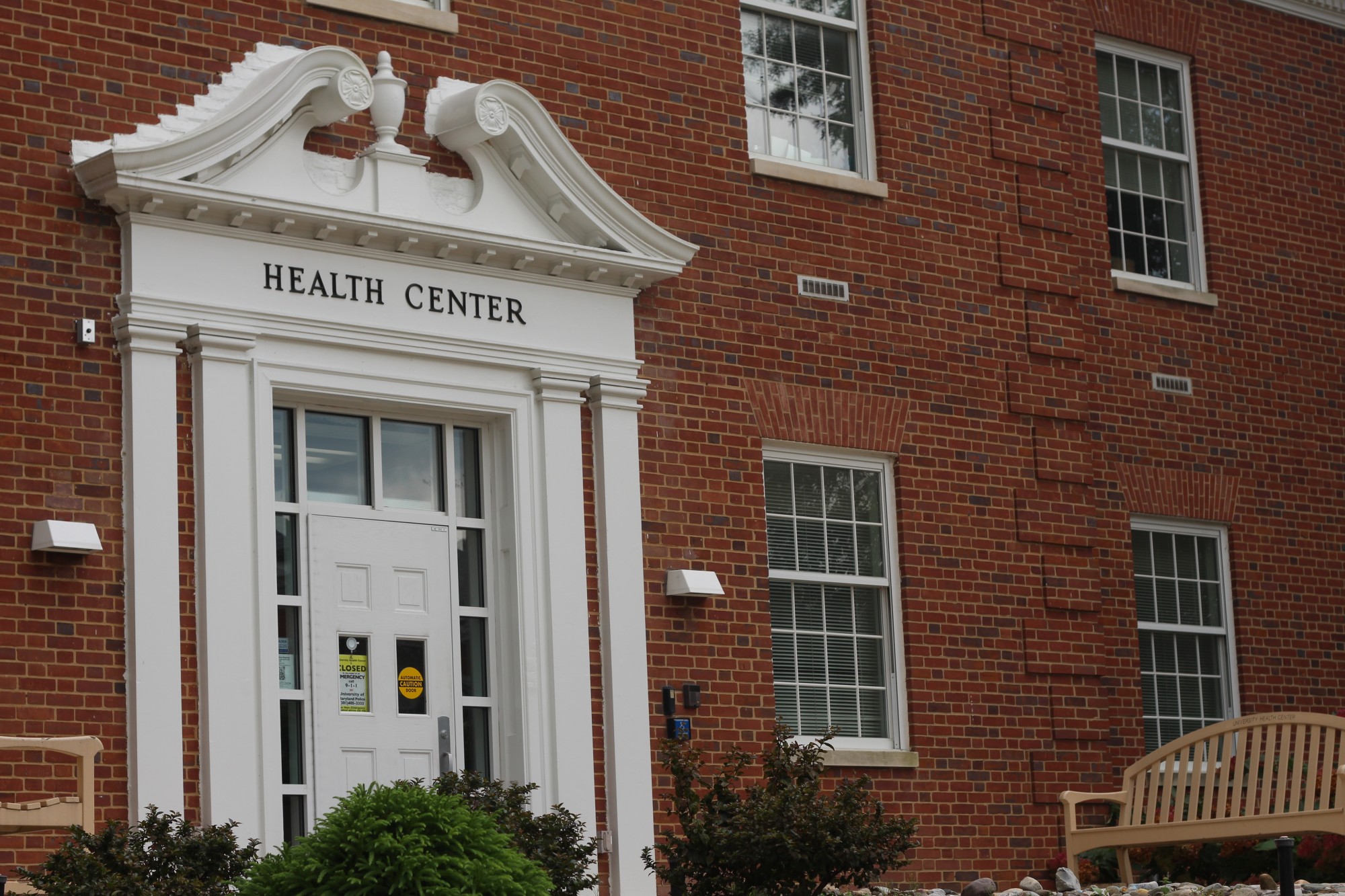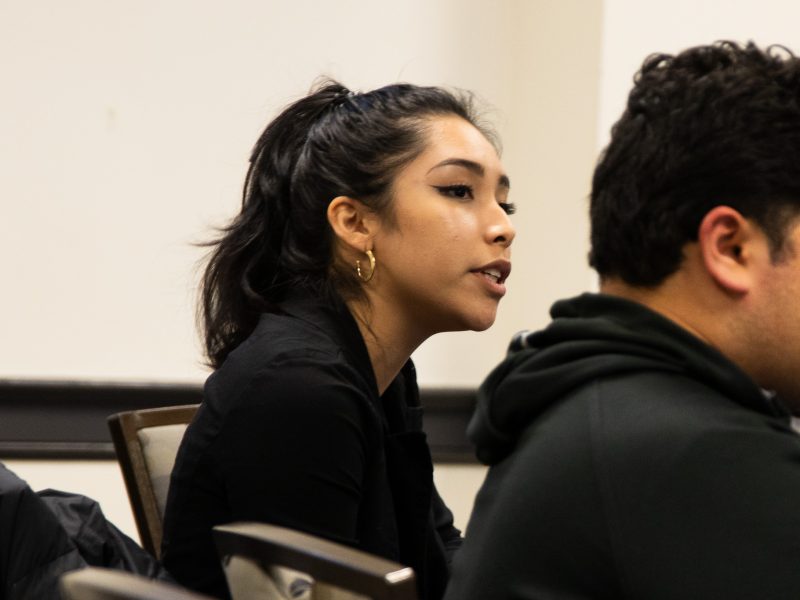By Anastasia Marks
For The Diamondback
The University of Maryland’s Campus Pantry held its first food distribution session of the semester on Friday.
The organization, which serves students, faculty and staff of this university, has a mission to “fight against and eliminate food insecurity,” said Diandrea Campbell, a campus pantry employee and a 2015 alumna of this university.
Located in the University Health Center, the Campus Pantry serves between 30 to 60 university members between 9 a.m. and 5 p.m. every Friday, said Allison Tjaden, Campus Pantry sustainability and wellness coordinator.
The program was introduced in October 2014, and originally located in Cole Field House, said Tjaden. Since then, the program has grown and moved to its current location in the Health Center.
Tjaden ensures shelves are stocked with food and maintains the confidentiality of all clients picking up supplies.
“The pantry is open to … anyone who can’t afford or doesn’t have access to food,” she said. “Students feel really secure in coming to access the pantry.”
In addition to providing food for those on campus who are considered “food insecure,” Tjaden said the pantry also works with dietetics students and a dietitian to develop recipe cards for clients.
“We look to [the dietitians] for advisement for what foods to stock and finding food that will provide well-balanced meals,” Tjaden said.
The Campus Pantry looks for other ways to involve students in its program, which includes hiring interns.
Aniedi Andrew, a senior public health major, started interning for the program this semester. Before her internship, Andrew said she had no prior knowledge of the pantry, but said it was a crucial service for students on this campus.
Awareness is important because “not many people think UMD students are food insecure,” Andrew said. “We help spread the word about the pantry to more students so they know who we are and that can come to us when they need it.”
Sophomore Josh Estrada, a neurobiology and physiology major, said he didn’t think food insecurity, or access to food, was an issue on this campus but not surprised that it is.
“There’s students that aren’t as fortunate. Some have hard circumstances,” he said.
The dining halls at this university mask the problem, Campbell said, however, not everyone has a dining plan.
Students who do not live in dorms are not required to purchase a dining plan.
“That’s why the Campus Pantry has a huge impact even though not a lot of people know about us,” Campbell said. “We constantly work hard to spread the word about [what] we’re doing.”



